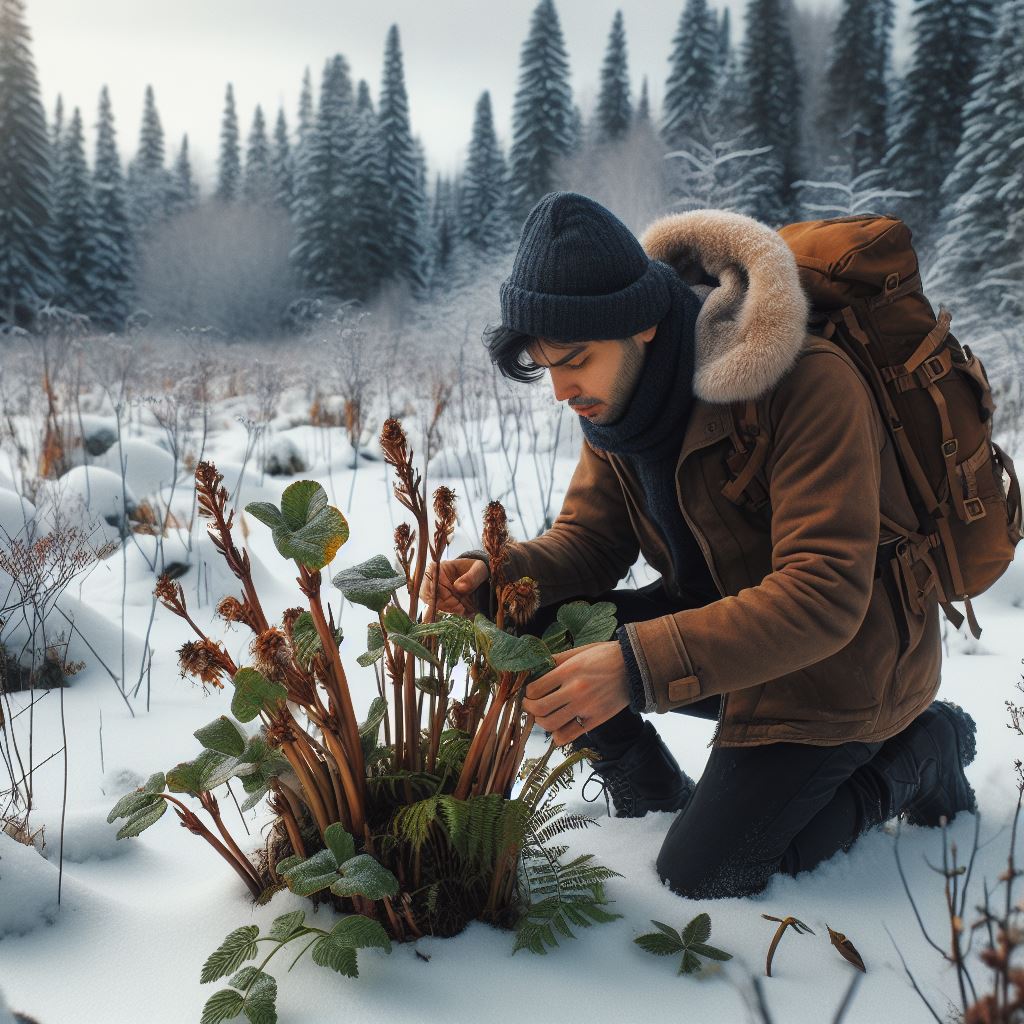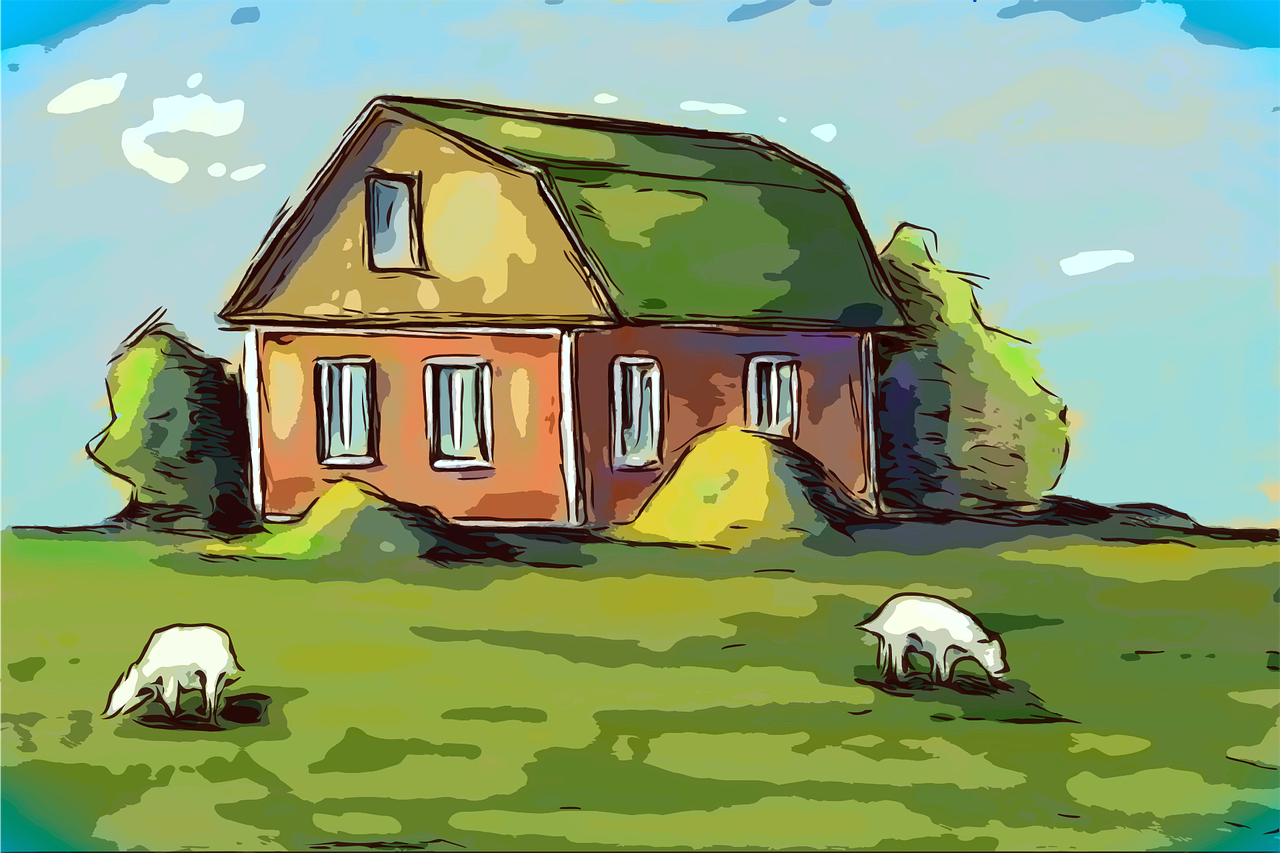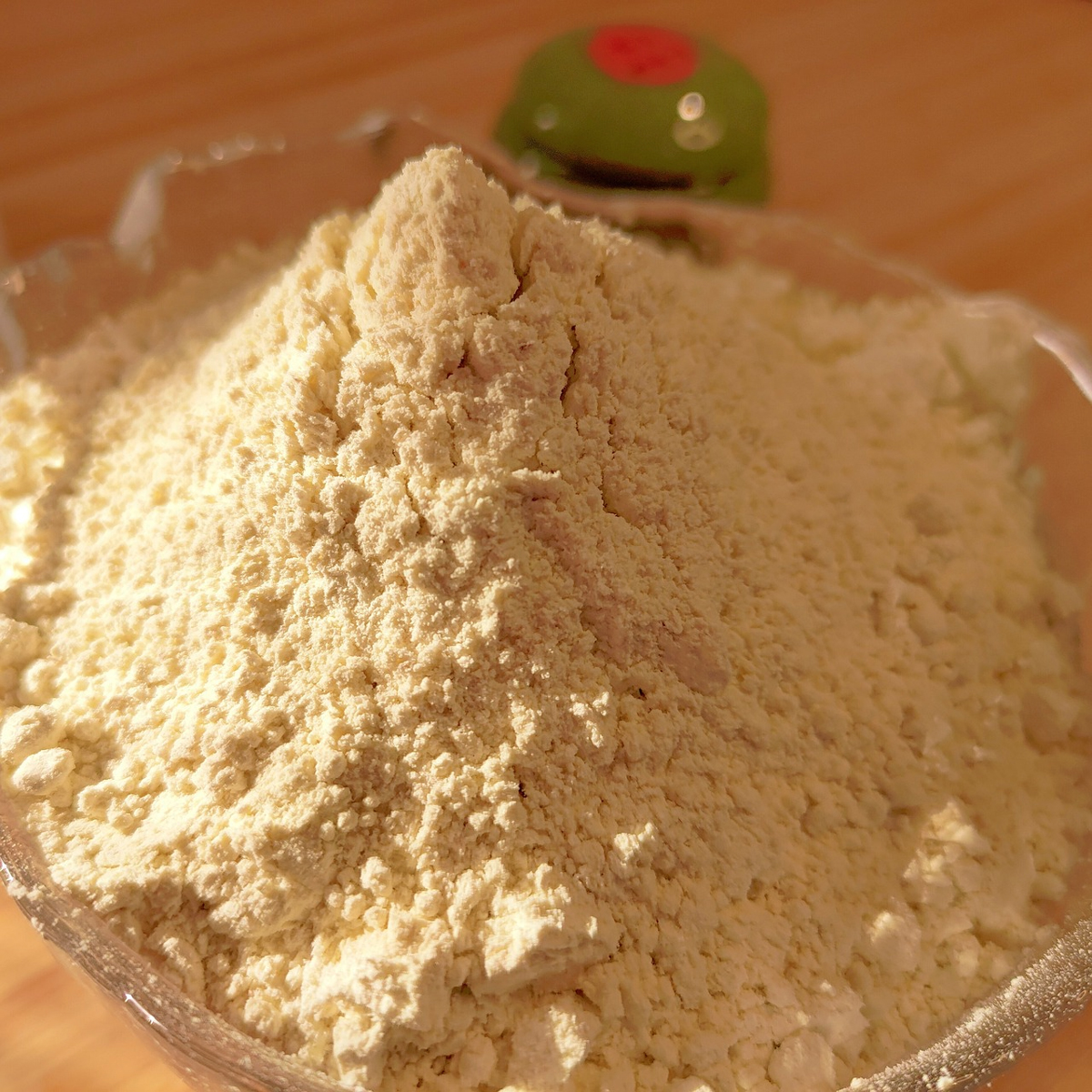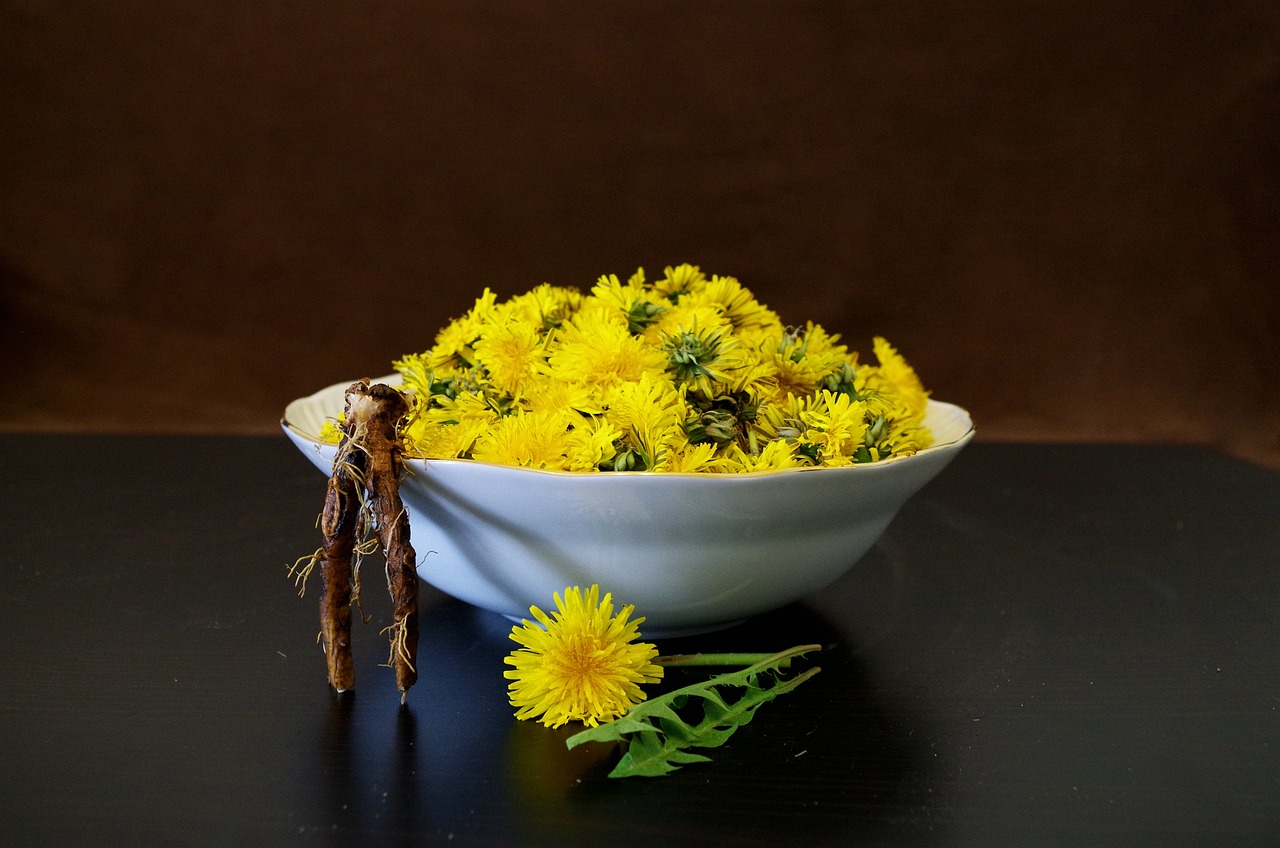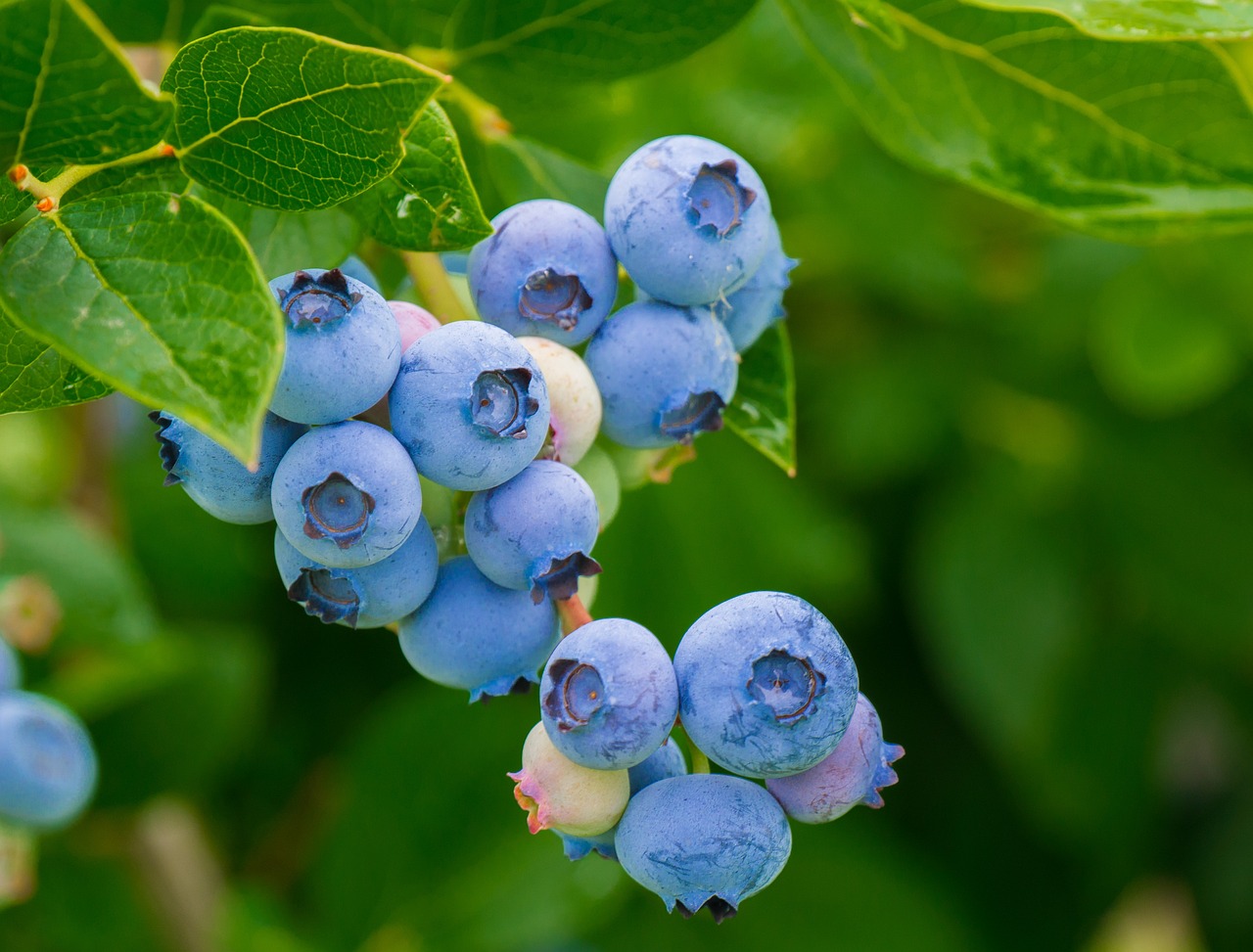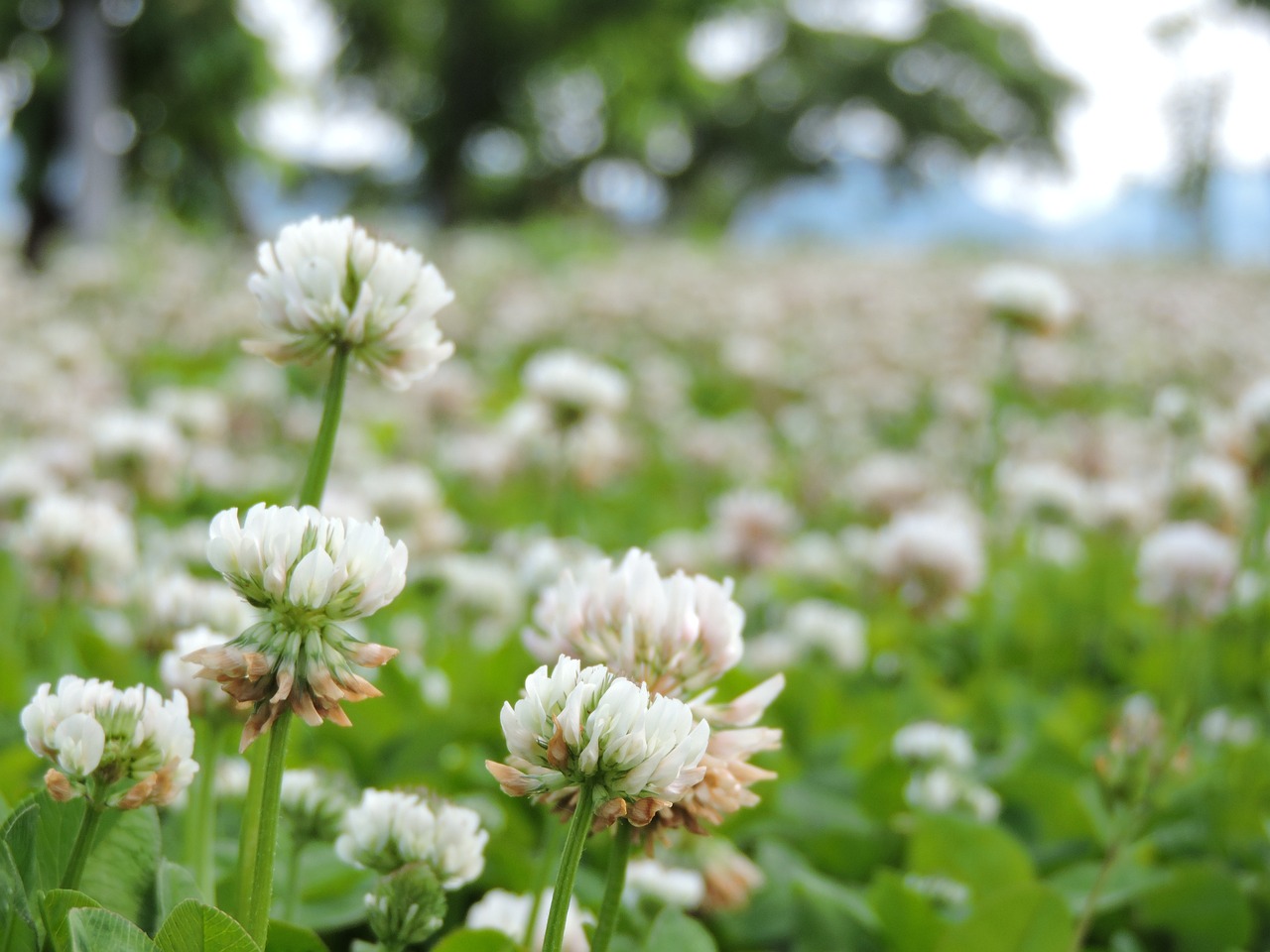What Do Bees Do in The Winter?
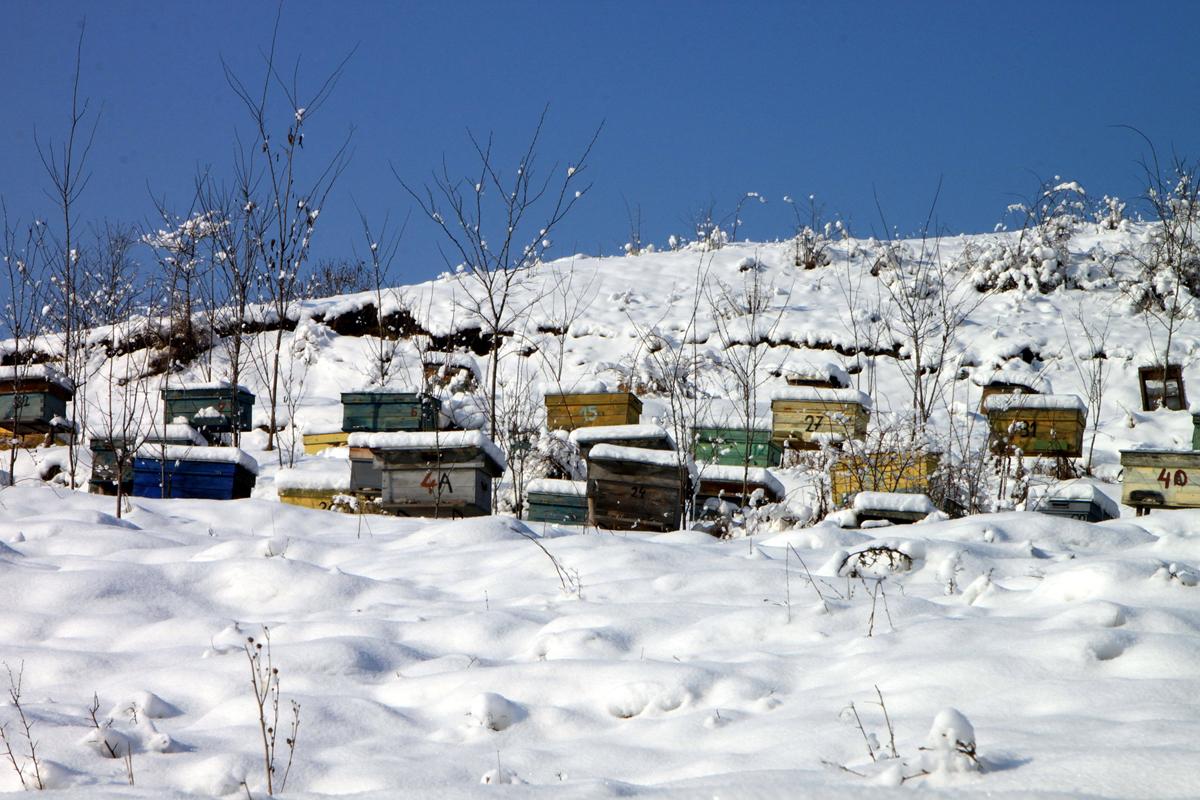
Here in Northeast Ohio when the weather drops below 50 degrees and we are deep into fall, the bees go into their hive usually not to be seen again until the warm spring sun hits the side of the hive and signals the bees that it is time to come out once more. ” But what do the honeybees do in the in the winter” is the question I get asked most during the wintertime. Do they die? Do they fly south for the winter? Do they hibernate?
Bees don’t die, they don’t fly south, and they don’t technically hibernate. According to the Merriam-Webster’s Dictionary, Hibernation is defined as follows “to pass the winter in a torpid (physically inactive) condition in which the body temperature drops to a little above freezing and metabolic activity is reduced nearly to zero”. Bees don’t hibernate because they are not physically inactive. They don’t sleep like a bear would, but instead they cluster together and vibrate their flight muscles to generate heat, keeping the center of the cluster up to about 98F (37C). Going into winter cycle the typical bee colony will contain about 50,000 bees. In the center of the cluster is the Queen. She will be kept at an average of 90 degrees Fahrenheit while the outside of the cluster can get as cold as 45 degrees Fahrenheit. So the outer bees don’t die they will move to the inside of the cluster as the bees on the inside of the cluster move to the outside, this happens continually until the bees can fly again in spring. Honeybees have been studied and shown to consume up to 30 pounds of stored honey during the winter months, which helps the bees produce body heat they need to keep the hive warm, which is why most good beekeepers will leave the bees an excess of honey so they can survive.
As the winter gets colder the cluster of bees will move around the hive accessing the honey that they have stored throughout the summer. What seem counter intuitive is that a warmer winter usually means that the bees will eat all of their honey reserves before the winter is over and they will usually starve. In the warmer winters the bees are more active in the hive and will consume the honey faster and will run out before they can again forage for nectar in the spring. Therefore, most beekeepers like to see a typical winter that doesn’t have a lot of temperature variation so the bees don’t starve to death.
Even though most beehives will make it through the winter in Ohio beekeepers experience about 25% hive loss. This happens due to a multitude of factors, but the most common reason is starvation as mentioned above or they freeze to death because excessive moisture is produced by heat in the hive and then drips down from the top cover of the hive, and freezes and kills the bees.
The next time you enjoy the honey in your tea or watch a beeswax candle burn you will know what how hard the bees have worked to survived the winter so they can fly another day to get the honeybee products that we enjoy so much.
The Author:
David Rzepka is the owner of Beecology.com, a natural bath and body product company. A beekeeper since 2004, He has tinkered with natural cosmetic formulations using the wonders of the hive. He uses honey, bees wax, and propolis to create some of the finest natural based lip, skin and hair products.
Photo. Emilian Robert Vicol

